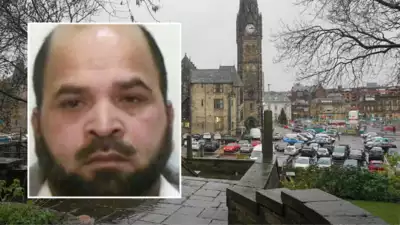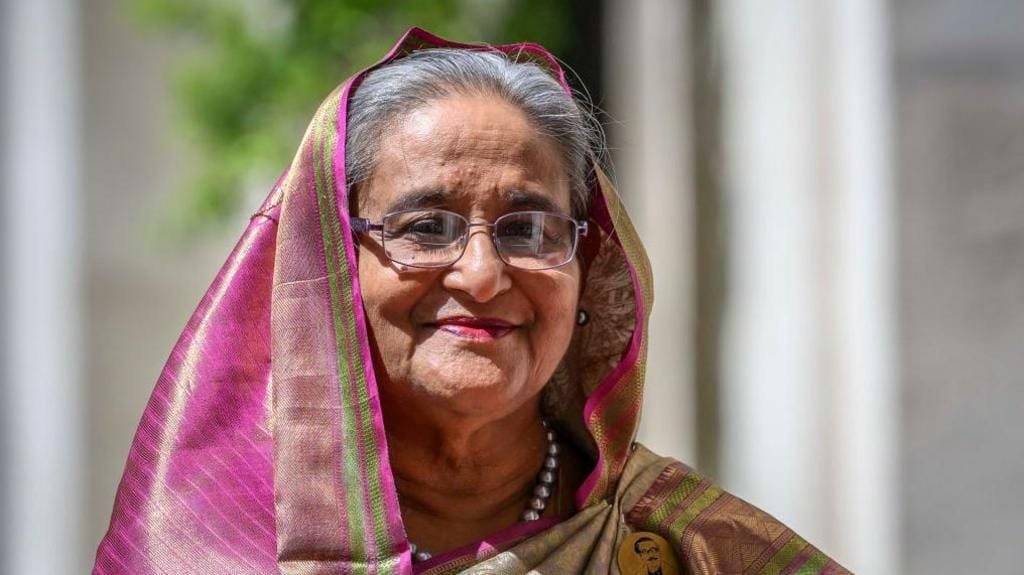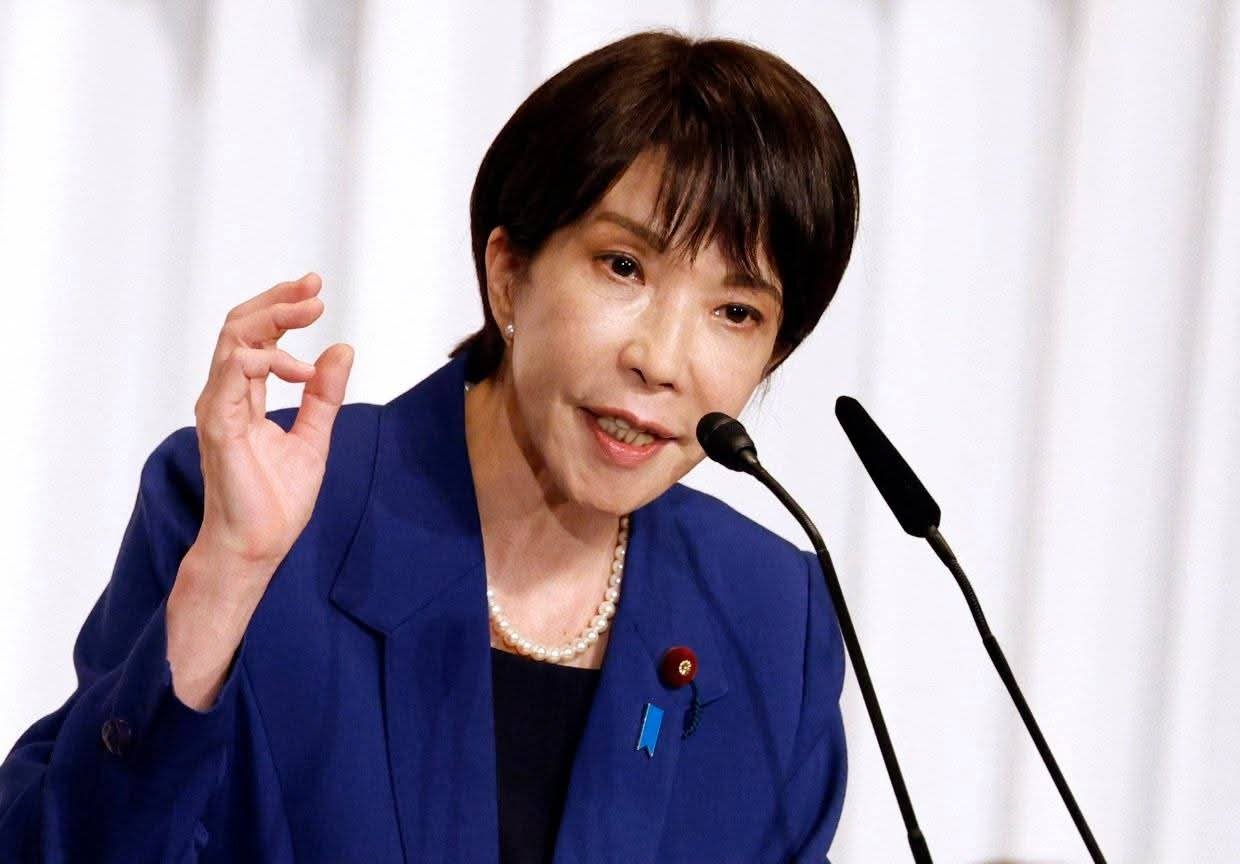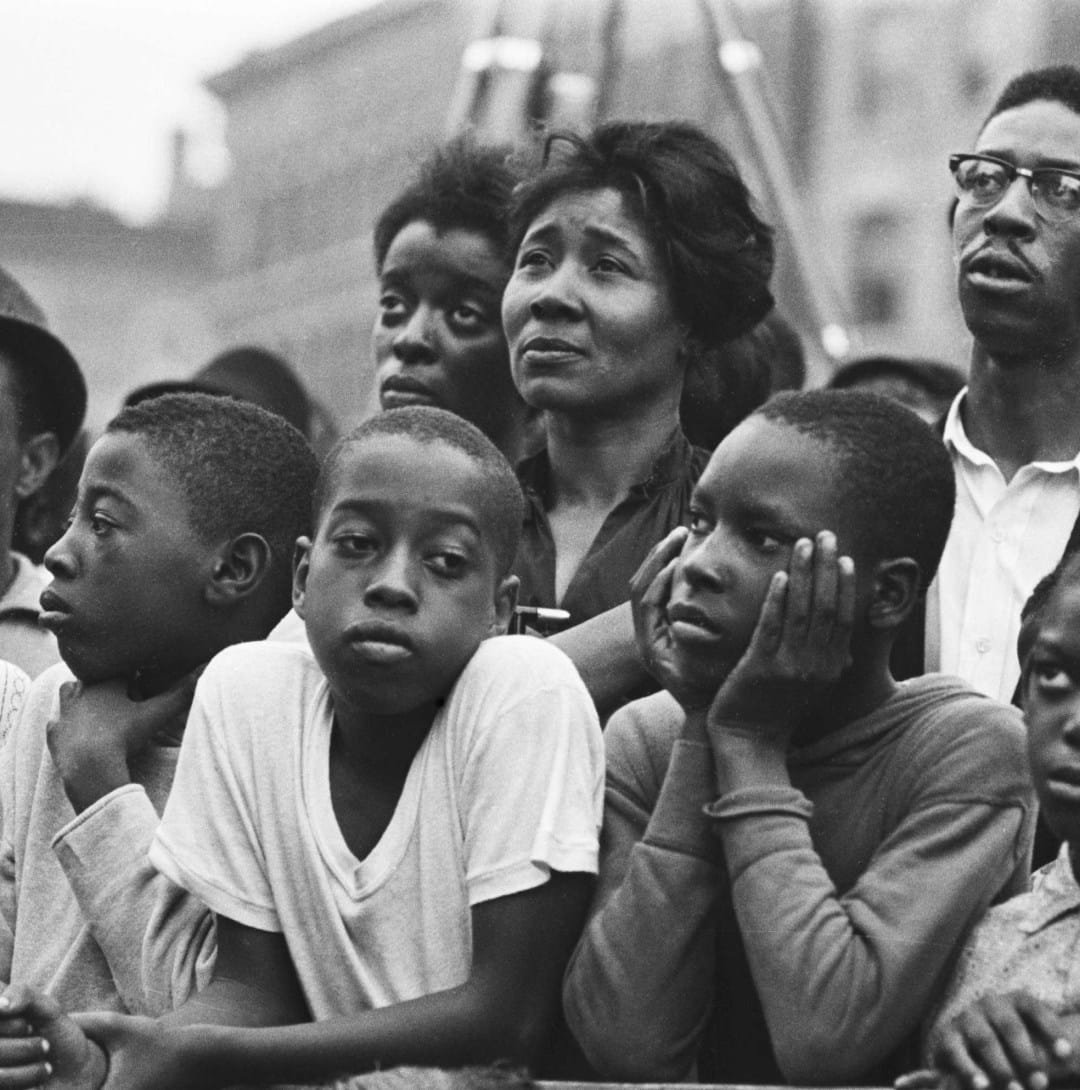The issue of grooming gangs in the United Kingdom, particularly those involving individuals of Pakistani heritage, remains a contentious and pressing concern. High-profile cases over the past two decades have revealed widespread child sexual exploitation, systemic failures in law enforcement, and a divisive public discourse on ethnicity and cultural dynamics. Recent developments have further highlighted the complexity of addressing these crimes, the demands of survivors for justice, and the ongoing political and social debates surrounding the issue.
Background
Grooming gangs typically prey on vulnerable individuals, often targeting children from foster care or unstable households. These groups manipulate, abuse, and coerce their victims into cycles of exploitation, leaving deep emotional and psychological scars. Investigations in towns like Rotherham, Rochdale, and Telford have uncovered extensive abuse, with reports showing that many of the perpetrators in these cases were of Pakistani origin. While such revelations have raised concerns about cultural attitudes and integration, they have also sparked fears of racial stereotyping and Islamophobia.
Recent Developments
- Calls for a National Inquiry
In January 2025, Andy Burnham, Mayor of Greater Manchester, advocated for a “limited” national inquiry into the grooming gangs scandal. This came in response to survivors and advocates expressing frustration over the lack of tangible progress following multiple localized inquiries. Burnham argued that a national inquiry with the authority to compel testimonies would provide more comprehensive insights compared to local reviews.
However, Prime Minister Sir Keir Starmer’s Labour government declined a Conservative-led motion for a national inquiry. Instead, it emphasized implementing reforms based on previous inquiries, such as the Jay Report, which had detailed institutional failures in cases like Rotherham. Critics of this decision argue that without a national inquiry, systemic issues may remain unaddressed.
- Survivors’ Pleas for Action
Survivors of grooming gangs have voiced frustration over the government’s perceived inaction. One victim, abused 15 years ago, expressed that conducting additional inquiries without implementing changes risks further alienating survivors. Advocacy groups and legal experts have called for better victim support systems and more robust mechanisms to detect and prevent abuse.
Lawyer Jonathan Bridge emphasized that while inquiries have highlighted the scale of abuse, little has been done to ensure systemic change. Survivors are increasingly demanding that the government prioritize reforms, such as mandatory reporting laws and enhanced support services for victims.
- Debate Over Ethnicity and Terminology
The discourse surrounding grooming gangs has also been shaped by debates over language and its implications. A Labour policy on Islamophobia, referencing the definition adopted by the All-Party Parliamentary Group (APPG), suggested that associating terms like “grooming gangs” with Muslims could be considered Islamophobic. This has sparked significant debate, with critics arguing that such policies risk undermining efforts to address crimes involving predominantly Pakistani offenders.
Others argue that such terminology perpetuates harmful stereotypes, further marginalizing the broader Pakistani and Muslim communities. Striking a balance between acknowledging cultural dynamics and avoiding racial stigmatization remains a critical challenge.
- Social Media and Public Attention
Media narratives and social media platforms have played a key role in shaping public perception of grooming gangs. Recently, tech billionaire Elon Musk commented on the issue, bringing renewed attention to the scandals. While Musk’s involvement has drawn significant public interest, it has also been criticized for spreading misinformation and potentially exacerbating tensions around the issue.
Such high-profile commentary has further complicated the discourse, with concerns raised over the safety of politicians and community leaders working on sensitive issues like grooming gangs.
Policy Measures and Institutional Responses
The UK government has announced several initiatives to address the grooming gangs issue, including:
Mandatory Reporting Laws: New legislation will require professionals working with children to report suspected cases of abuse. This aims to prevent the institutional failures seen in previous cases, where warnings from victims were ignored or dismissed.
Enhanced Victim Support: Recommendations from earlier inquiries stress the importance of creating specialized support systems for survivors, focusing on long-term care and reintegration.
Community Engagement: Authorities are working to involve community leaders in awareness campaigns to challenge cultural norms that may contribute to such crimes.
Challenges Moving Forward
- Balancing Cultural Sensitivity and Justice
Ethnicity and cultural dynamics are key factors in these cases, but addressing them requires a nuanced approach that avoids stigmatizing entire communities. Collaborative efforts between law enforcement, social services, and community leaders are essential. - Implementing Inquiry Recommendations
While several reports have detailed institutional failures, the lack of implementation remains a major hurdle. Ensuring that past recommendations translate into actionable policies is critical to rebuilding trust in law enforcement and social services. - Protecting Survivors and Whistleblowers
Many survivors fear retaliation or further victimization when speaking out. Enhanced protections for whistleblowers and survivors are necessary to encourage reporting and ensure justice. - Addressing Public and Media Narratives
Polarized narratives in the media and on social platforms risk undermining meaningful dialogue. Efforts must focus on fostering informed discussions that prioritize victim welfare over political or ideological agendas.
The issue of grooming gangs in the UK remains a complex and deeply troubling aspect of society. Recent developments highlight the need for a coordinated response that combines justice, cultural awareness, and systemic reform. Survivors and advocates continue to demand meaningful action, urging the government to prioritize the implementation of policies that ensure justice and the prevention of further exploitation. While challenges persist, the path forward lies in fostering collaboration between communities, institutions, and policymakers to address the root causes of these crimes and support their victims effectively.












